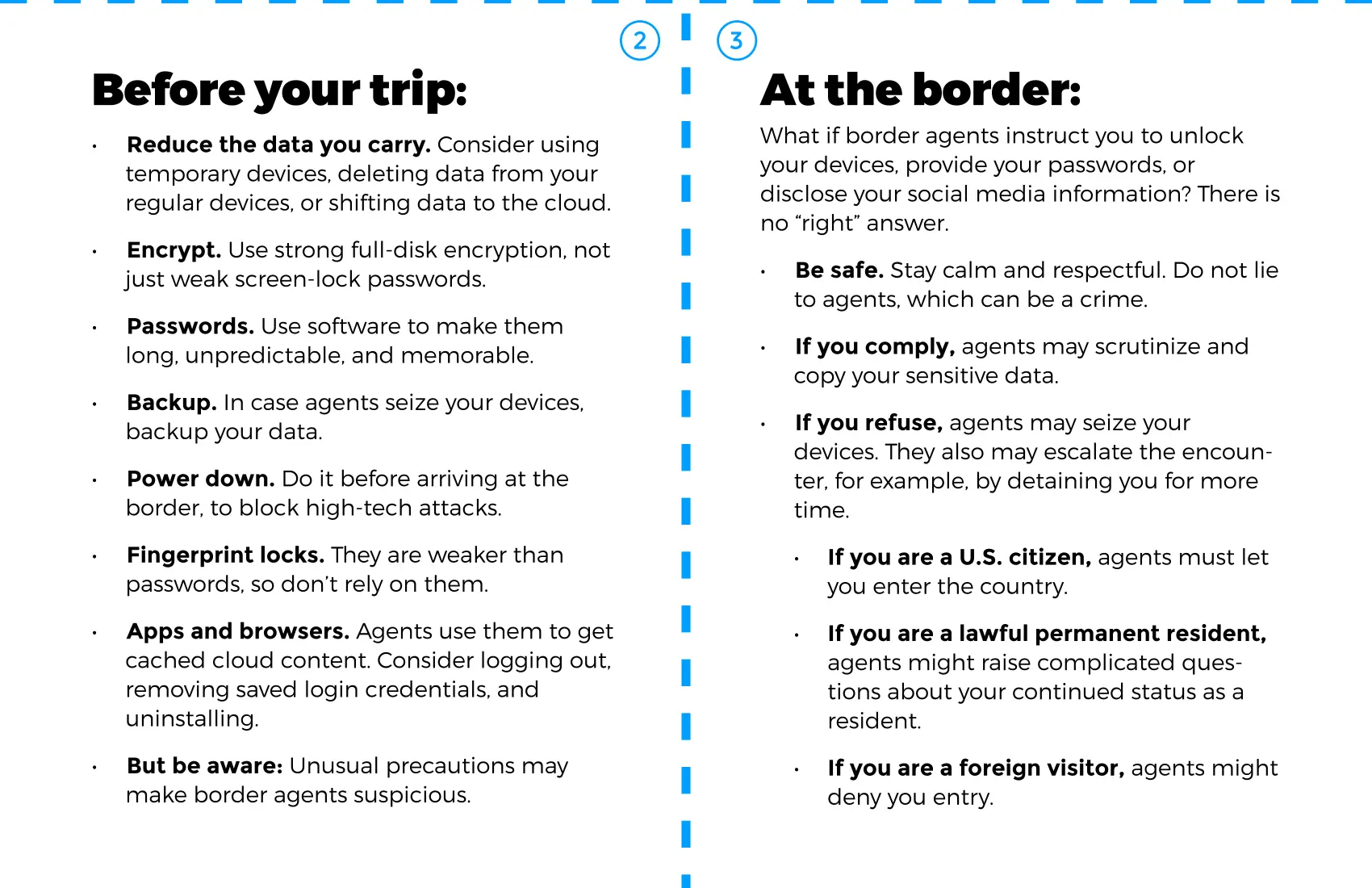https://monero.town/post/1144305
Bicoin Black Friday: BusKill (Open-Source Hardware Dead Man Switch) Announces 10% Discount
There are 4 reports saying this is spam, and it is indeed cross-posting link spam, and feels slightly excessive but not extremely so (?).
The thing is, Monero.town doesn’t forbid ads, and freedom of speech is important even if what is said is unpleasant for me or for someone else. Thoughts?
Edit: Since someone has appointed me as a mod in !privacy, where https://monero.town/post/1144305 is, I can remove it, except I don’t want to remove anything unless really necessary. The lack of guidelines about ads in monero.town means, the OP didn’t do anything against the rule(s).
I couldn’t remove the new one in !moneromarket https://monero.town/post/1142415 Not sure if @[email protected] thinks it’s bad enough, either. Monero is censorship-resistant, meaning we tend to hate deleting someone else’s speech/expression just because it’s subjectively disagreeable.
Given that Monero is money after all and some for-profit services are useful for its users too, probably commercial posts (ads) should be allowed in general, if not excessive. And BusKill ads are not excessive in terms of frequency, like only once a month.
Perceived link spamming (self-promotion) advertising SimplifiedPrivacy has been also noticed by many including myself, which has been like once or twice a week, and explicitly questioned here ( https://monero.town/post/1085883 ); but many (including myself) think these posts can be useful nevertheless, the poster being knowledgeable.



For those who are still on Win 7: Firefox (and so Tor Browser) will stop supporting Win 7 soon. Seriously, you better plan to migrate to Linux. Not-so-good privacy issues aside, everyone knows Windows is not very secure/safe/convenient anyway.